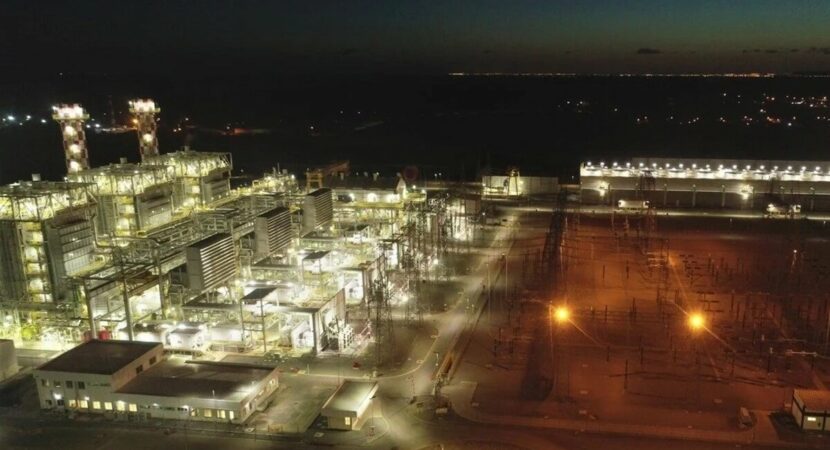
The agreement signed between the companies provides for the connection of Celse's LNG terminal in the state of Sergipe to the TAG gas network with the construction of a new gas pipeline to transport the fuel between the companies' facilities.
Transportadora Associada de Gás (TAG) announced, on Tuesday (07/06), the interconnection of the liquefied natural gas (LNG) terminal of Centrais Elétricas de Sergipe (Celse) to its gas network. Like this, will be built a gas pipeline to transport the fuel, enabling TAG to sell gas from the production of the Porto do Sergipe thermoelectric plant, located in the state of Sergipe and managed by the distributor in the region.
New contract between Celse and TAG provides for the construction of a gas pipeline to interconnect the LNG terminal to the carrier's gas network for the sale of fuel
The owner of the Porto do Sergipe thermoelectric plant, Celse, confirmed the newest contract for a new undertaking with the company TAG this Tuesday. This is the interconnection of the distributor's LNG terminal to the carrier's gas network, as a way of guaranteeing more efficiency in commercialization and transport of fuel and enable the development of new ventures with the production of the thermoelectric plant in Sergipe over the next few years.
In this way, the agreement between Celse and TAG provides for the construction of a new gas pipeline of approximately 25 kilometers in length and the respective access infrastructure, which will connect the LNG terminal to the company's pipeline network, guaranteeing the supply of the network carrier gas.
Furthermore, Celse will also be responsible for the periodic payment of a fee for the connection between the facilities for a period of 30 years after the start of the contract, with the objective of remunerating part of the applications that TAG will make in the enterprise.
And, with the construction of the new gas pipeline by TAG, the interconnection between the LNG terminal and the carrier's gas network will allow the gas imported by Celse to be injected into the gas pipeline network and can be withdrawn at any other point in the national network . In addition, TAG highlighted in a note that the contract represents “another important advance in the process of opening and expanding the natural gas market in Brazil, materialized by the principles of the New Gas Law”.
Interconnection of Celse's LNG terminal to TAG's network is part of Eneva's plan to become a trader of this fuel over the next few years
The entire gas pipeline construction project for the interconnection between the Sergipe company's terminal and the carrier's gas network is part of Eneva's expansion plan in the natural gas business in Brazil. This is because the company signed a contract for the purchase of Celse last week and, as a result, will own the assets and new projects to be carried out by the distributor in Sergipe.
Now, Eneva intends to enter the national market for the sale of natural gas and the project to interconnect the terminal to the TAG gas network is part of the expansion initiative in the LNG sector. However, the negotiation does not include the acquisition of the LNG terminal, which supplies the Porto de Sergipe I plant (1,593 GW), but the asset will continue to be chartered to the thermoelectric plant until 2044, thus guaranteeing the supply of natural gas needed for the undertaking.
Finally, it was also announced that the total investment planned for the construction of the new gas pipeline and interconnection of the facilities is R$ 300 million and that it is expected to be completed in 2024, giving a new perspective of growth to both companies after the start of operations.



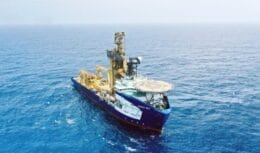
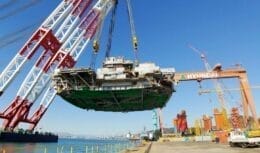


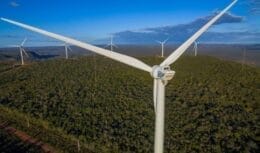

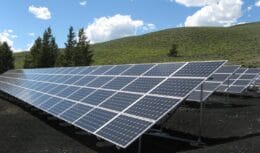

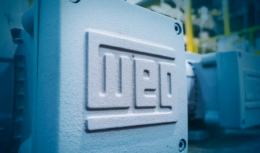

Congratulations, only God can pay what…
What is the source of this? Voices in the head…
Thanks for the observation!
Great opportunities!
The names of some chemical elements are…
What did your Genocide do in 4 years…
A comment on niobium, the first…
I have known CBMM for several decades, I belong to…